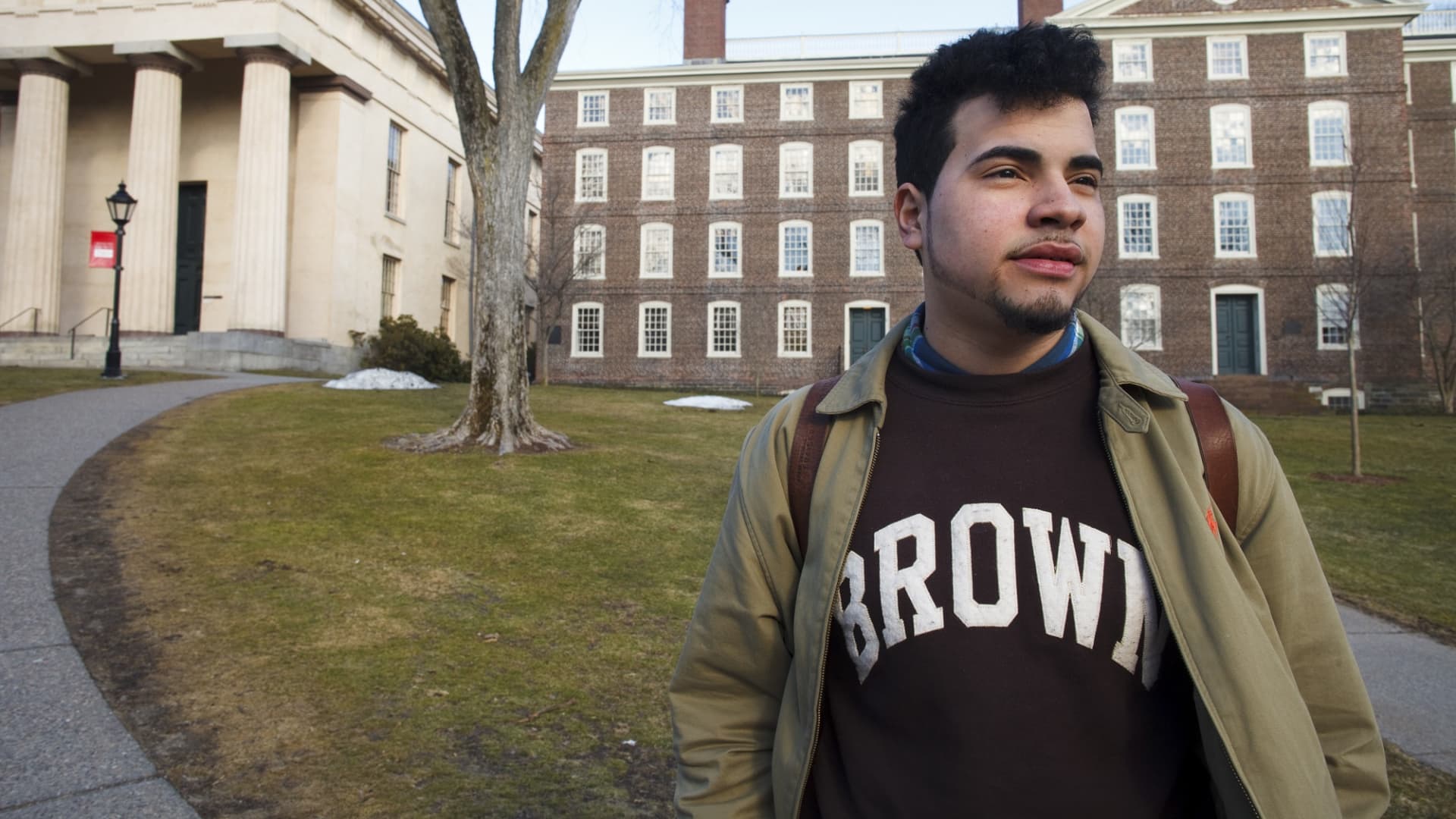short ornery norwegian
Well-known member
- Joined
- Feb 9, 2011
- Messages
- 21,873
- Reaction score
- 15,872
- Points
- 113
Heard about this today. It will be interesting to see if it gets anywhere. Also noted that one of the plaintiffs is from Duluth, so found a MN connection.
details from the Philadelphia Enquirer:
A class-action antitrust lawsuit filed Tuesday in United States District Court in Connecticut seeks to upend the Ivy League’s system of awarding financial aid to athletes only on the basis of financial need.
The two plaintiffs are current Brown University women’s basketball player Grace Kirk and former Brown men’s basketball player Tamenang Choh. The suit says they are bringing the lawsuit “on behalf of a class of fellow current and former Ivy League collegiate athletes.”
The suit alleges that under what is termed “the Ivy League agreement,” not awarding athletic scholarships “constitutes unlawful price fixing in violation of the Sherman Antitrust Act.”
The suit alleges the defendants are “price-fixing” and this agreement is “per se illegal. It is naked restraint of trade among horizontal competitors.” The allegation goes on to say, “Absent the Ivy League Agreement, these schools would determine unilaterally, and in competition with each other, how many athletic scholarships to provide, by sport, and in what amounts.”
This issue has been percolating for several years. A pair of 1972 Penn graduates, Alan Cotler and Robert Litan, both attorneys, sent a letter in 2021 to the presidents of the eight Ivy League schools and assorted others within the Ivy leadership structure with an eight-page memo calling into question whether the Ivy League will be able to continue to ban athletic scholarships.
The Ivy League’s history is noted, with the original Ivy League Agreement in 1954 prohibiting athletic scholarships, that the Ivy League is now the only Division I league that now enforces such an agreement.
details from the Philadelphia Enquirer:
A class-action antitrust lawsuit filed Tuesday in United States District Court in Connecticut seeks to upend the Ivy League’s system of awarding financial aid to athletes only on the basis of financial need.
The two plaintiffs are current Brown University women’s basketball player Grace Kirk and former Brown men’s basketball player Tamenang Choh. The suit says they are bringing the lawsuit “on behalf of a class of fellow current and former Ivy League collegiate athletes.”
The suit alleges that under what is termed “the Ivy League agreement,” not awarding athletic scholarships “constitutes unlawful price fixing in violation of the Sherman Antitrust Act.”
The suit alleges the defendants are “price-fixing” and this agreement is “per se illegal. It is naked restraint of trade among horizontal competitors.” The allegation goes on to say, “Absent the Ivy League Agreement, these schools would determine unilaterally, and in competition with each other, how many athletic scholarships to provide, by sport, and in what amounts.”
This issue has been percolating for several years. A pair of 1972 Penn graduates, Alan Cotler and Robert Litan, both attorneys, sent a letter in 2021 to the presidents of the eight Ivy League schools and assorted others within the Ivy leadership structure with an eight-page memo calling into question whether the Ivy League will be able to continue to ban athletic scholarships.
The Ivy League’s history is noted, with the original Ivy League Agreement in 1954 prohibiting athletic scholarships, that the Ivy League is now the only Division I league that now enforces such an agreement.

